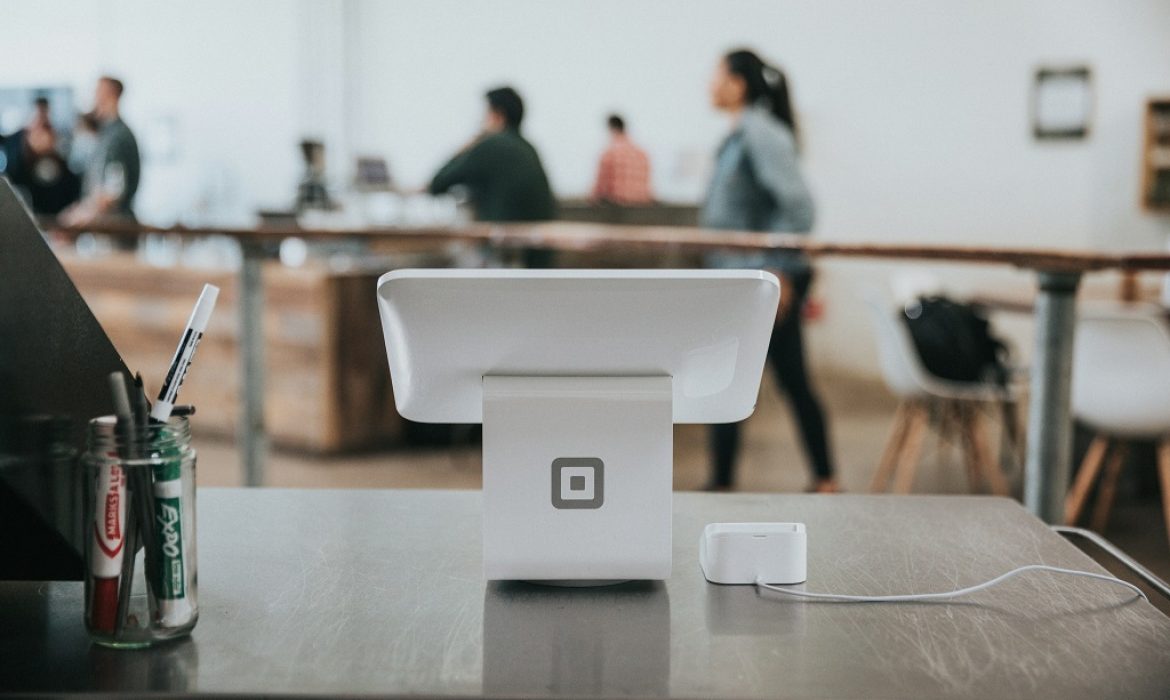In today’s fast-paced business environment, efficiency and accuracy are critical to success. One of the most effective tools for achieving these goals is a Point of Sale (POS) billing system. Whether you’re running a retail store, restaurant, or service-based business, a robust POS system can streamline your operations, reduce errors, and enhance customer satisfaction.
Why Choose a POS Billing System?
A POS billing system isn’t just a cash register. It’s a comprehensive solution that manages your sales, inventory, and customer data. Here are some key reasons why investing in a POS billing system can benefit your business:
- Efficiency: Automates transaction processing, reducing checkout times.
- Accuracy: Minimizes human errors in billing and inventory management.
- Data Insights: Provides detailed sales reports, helping in data-driven decision-making.
- Customer Experience: Enhances customer satisfaction with quick and error-free transactions.
Key Features of an Ultimate POS Billing System
When selecting a POS billing system, it’s essential to consider the features that align with your business needs. Here are the key features that an ultimate POS billing system should offer:
Inventory Management
- Real-time Tracking: Monitor stock levels in real-time to avoid stockouts and overstock situations.
- Automated Reordering: Set triggers for automatic reordering when stock levels hit a minimum threshold.
- Multi-location Management: Manage inventory across multiple stores or warehouses from a single platform.
Sales Reporting and Analytics
- Detailed Sales Reports: Generate reports based on products, categories, and time periods to understand sales trends.
- Customer Insights: Track customer purchase history to tailor marketing efforts and improve customer retention.
- Performance Metrics: Measure key performance indicators (KPIs) such as average transaction value and sales per employee.
Payment Processing
- Multiple Payment Options: Accept payments via credit/debit cards, mobile wallets, and online transfers.
- Secure Transactions: Ensure data protection with encrypted payment gateways.
- Integration with Accounting Software: Seamlessly integrate with your existing accounting software to simplify bookkeeping.
Customer Relationship Management (CRM)
- Loyalty Programs: Create and manage loyalty programs to reward repeat customers.
- Personalized Marketing: Use customer data to send personalized promotions and offers.
- Feedback Collection: Gather customer feedback directly through the POS system to improve service quality.

Comparative Analysis of POS Billing Systems
To help you make an informed decision, here’s a comparative analysis of some of the top POS billing systems available in the market:
| Feature | System A | System B | System C |
|---|---|---|---|
Inventory Management |
Yes | Yes | Yes |
Sales Reporting |
Basic | Advanced | Advanced |
Payment Processing |
Multiple Options | Limited | Multiple Options |
CRM Features |
Basic | Advanced | Basic |
Integration with Software |
Yes | No | Yes |
Price |
$$ | $$$ | $ |
How to Implement a POS Billing System in Your Business
Implementing a POS billing system is a straightforward process, but proper planning is essential to ensure a smooth transition. Follow these steps to get started:
Assess Your Needs
- Determine your business requirements, such as the number of locations, types of products sold, and the volume of transactions.
Choose the Right System
- Compare different POS systems based on features, pricing, and user reviews.
- Consider the scalability of the system to accommodate future business growth.
Train Your Staff
- Provide comprehensive training to your staff to ensure they can operate the new system efficiently.
- Offer ongoing support and resources to address any issues that may arise.
Monitor and Optimize
- Regularly review sales reports and customer feedback to identify areas for improvement.
- Update the system as needed to take advantage of new features and integrations.
FAQs
Q1: What is a POS billing system?
A POS billing system is a software solution that processes sales transactions, manages inventory, and collects customer data. It helps businesses streamline operations, improve accuracy, and enhance customer satisfaction.
Q2: How does a POS system improve inventory management?
A POS system provides real-time inventory tracking, automated reordering, and multi-location management, ensuring that your stock levels are always optimized.
Q3: Can a POS billing system integrate with other software?
Yes, many POS systems offer integrations with accounting software, CRM tools, and other business applications, allowing for seamless operations and data flow.
Q4: Is it difficult to train staff on a new POS system?
Most modern POS systems are user-friendly and come with training resources. With proper training, your staff can quickly adapt to the new system.
Q5: How much does a POS billing system cost?
The cost of a POS billing system varies based on features, the number of users, and the level of support. It’s important to choose a system that offers the best value for your business needs.
By investing in the right POS billing system, you can streamline your business operations, improve customer satisfaction, and drive growth. Make sure to choose a system that aligns with your specific needs and offers the scalability to support your future business goals.





